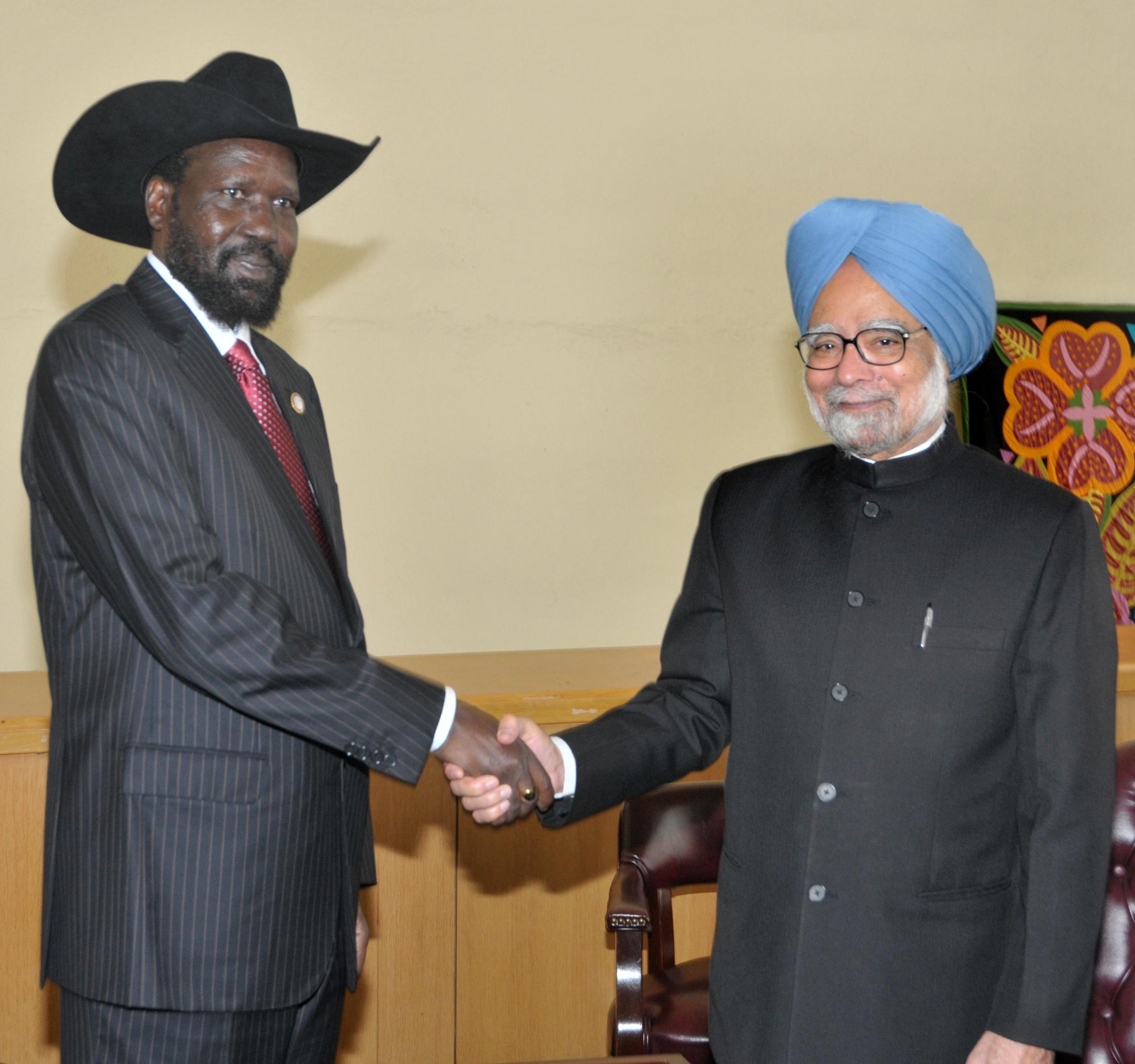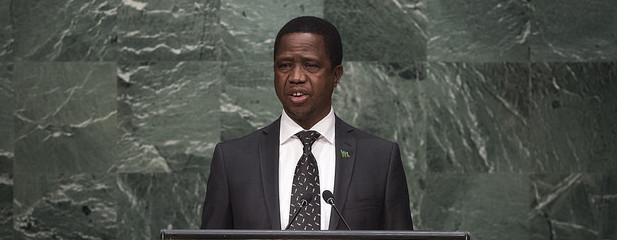Gration in Context
Bec Hamilton has run a series of posts on her blog based on her recent trip to Darfur with U.S. Special Envoy General Scott Gration. They provide an interesting, and much more nuanced, view on Gration’s efforts, than much media coverage, and also the response of the lobbies in Washington. Bec concludes that Stephanie McCrummen’s piece in the Washington Post is not inaccurate, but is incomplete. Gration is anything but naive, but sometimes chooses his words in a way that gives ammunition to his critics in Washington. Gration’s warm welcome by the SLM leaders in Ain Siro and his scrutiny of the Sudan government’s delivery, or non-delivery, on its promises don’t come through in the Post article. His “cookies and gold stars” comment will surely live on and gain a life of its own.
Bec is also correct to point out the breakdown in communication between Gration and the Darfur IDPs, starkly seen in the regular condemnations of the Special Envoy by Hussein “Abu Sharati”, the SLM-Abdel Wahid mouthpiece. Abu Sharati appears to be finely tuned in to the Washington insider intrigues, perhaps better than he is to the diverse opinions of the Darfur IDPs. Nonetheless, it is important for Gration to gain the confidence of the IDPs, who are the critical political constituency in Darfur, no less significant than the armed movements.
The bottom line is that Gration’s critics have yet to come with an alternative strategy. Their response to his words looks more like partisan political point-scoring and less like an effort to make a serious contribution to solving Sudan’s problems.







And closing your eyes and hoping Bashir suddenly stops being Bashir IS an alternative strategy? Seems to me like that’s been the strategy of those who criticize the ICC and the US groups for many years now. Hope, I guess, does indeed spring eternal.
basically, stephanie mccrummen still doesn’t get it after a few years in the field. often features mistranslations, or conclusions that are quite a stretch to reach frmo the facts she presents.
maybe time to hire someone to cover africa who had more experience before hand than the suburban md-va beat?
just a thought.
Jon Heller’s comment is revealing of the essentialist claptrap that is what the human rights movement has degenerated into. It appears to reflect the infantilistic notion that Sudan is in political crisis because there is an evil dictator at its head, dedicated to pursuit of his evil intentions simply because he is evil, and that anyone who seeks a political solution is wilfully blind. This approach is naivete to the nth degree.
Three things strike me about the discourse of the last couple of days, including the regular email fundraising appeals I receive from the Save Darfur Coalition.
First is the way in which the activist groups are using destructive adversarial techniques to attack a civil servant. A little research, or consultation with Gen. Gration, would have revealed that their public criticisms of him are willful misrepresentations. That’s the kind of device used when political rivals are campaigning for office, not by those supposedly advocating human rights against a peace envoy.
Second is the theme of the frequent fundraising appeals from the SDC, which link the achievement of their fundraising targets to the Darfur peace process, a link which seems to me to be somewhat tenuous.
Third is the theme, neatly if sharply encapsulated in Abdal Wahab Abdalla’s comment, that doing business with the Sudan Government is somehow “naive” or hopelessly optimistic. Any peace process is by definition a process of working out compromises and building trust among enemies. Peacemakers around the world, from Gorbachev to Mandela, have been derided as “naive”. Those who wield this accusation seem to me to have made politics subordinate to human rights, not just in their own moral hierarchy (which is defensible) but in their ascription of motive to those waging wars, running governments and committing human rights abuses. President Bashir doesn’t violate human rights because of some intrinsic element in his character but for reasons of politics. If he goes, his successor will behave the same way, just as his predecessors did, unless the underlying political factors are addressed. Bashir’s successor may behave marginally better if he feels he is being watched or he fears being called to account, but the idea that lack of accountability is the principal driving force behind human rights abuses is, in my view, mistaken. (It is one factor, and the reduction in violence in Darfur over the last 4 years is in part a testament to the power of international scrutiny.) The principal driving force is a dysfunctional political system, established and entrenched over decades. It is when that is fixed that we can expect a major improvement in Sudan’s human rights record. Abdal Wahab is right that it’s naive to think otherwise.
May I point out that the “lobbies in Washington” spent the whole transition and first months of the Obama Administration lobbying for the appointment of a Presidential Envoy to support implementation of CPA and Darfur peace process. Seems our groups bear some responsibility for pushing back when Special Envoy Gration errs. No?
Sam Bell’s comment appears to be based upon the premise that Special Envoy Gration is erring in his attempts to carry out his assigned task because he is not conducting the business of the Special Envoy in the manner envisioned by individuals who placed him in that position.
This statement by Mr. Bell indicates that he believes that he and his colleagues are responsible for General Gration becoming the Special Envoy. I certainly believe that Mr. Bell and his colleagues added their voices to the call for a special envoy, but they certainly were not the only participants in this process.
Because there were so many involved i calling for a Special Envoy, I believe that it would be myopic to assume that all who lobbied for the appointment of a Special Envoy for Sudan are of a like mind, just as it would be myopic to assume that all who are working for peace in Sudan are of a like mind.
Just as Mr. Bell is unable to claim to hold the moral high ground in the search for peace in Sudan he is unable to claim ownership of Gration’s appointment as Special Envoy.
This “self centered” and “iron-clad” absolutism displayed in Mr. Bell’s statement smacks of “fundamentalism” which can tend to make any ideology “over-reaching.”
In closing, I would like to say that it is a common error and an honest mistake to think that one is laboring alone when one does not seek out those of varying opinions.
Best regards.